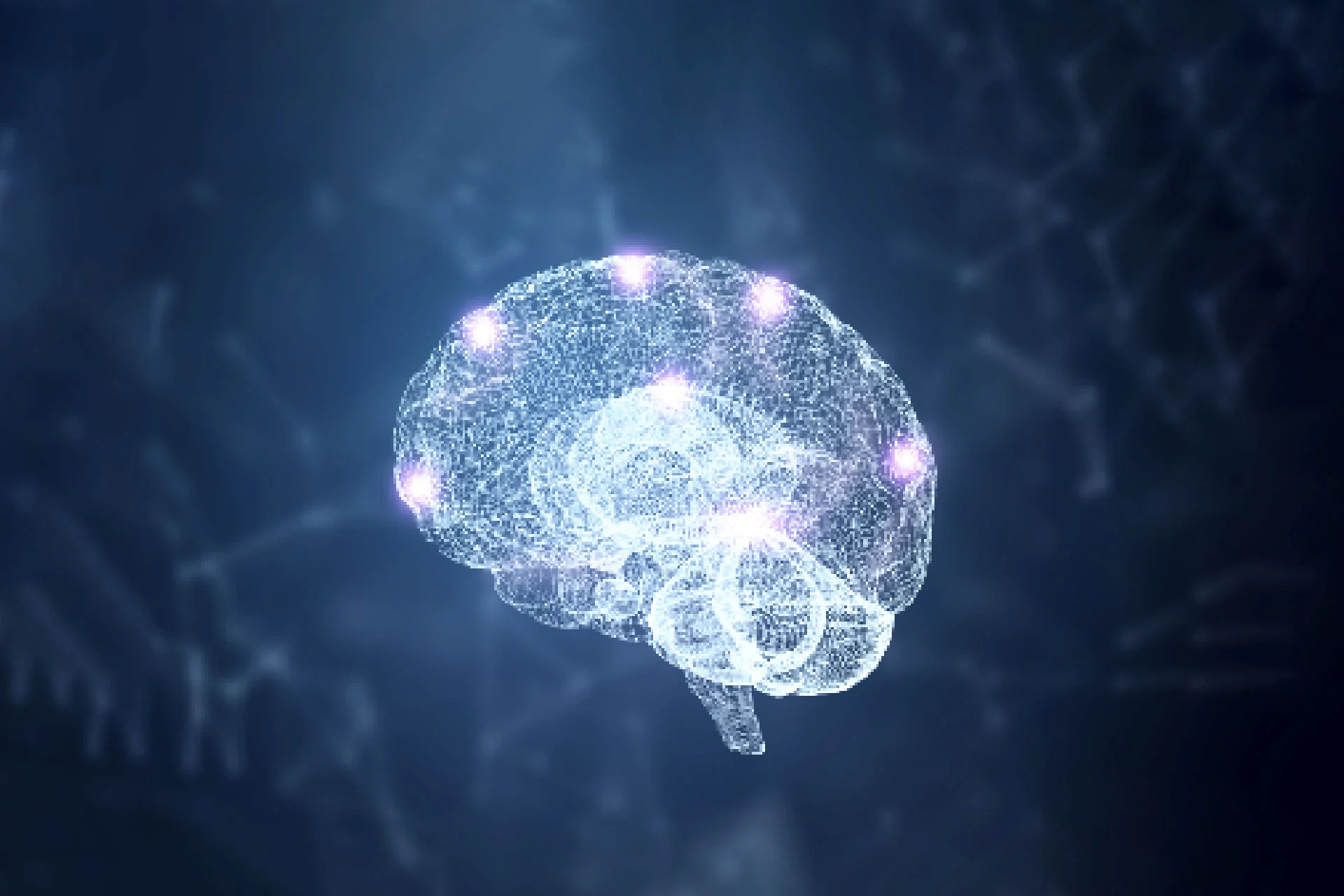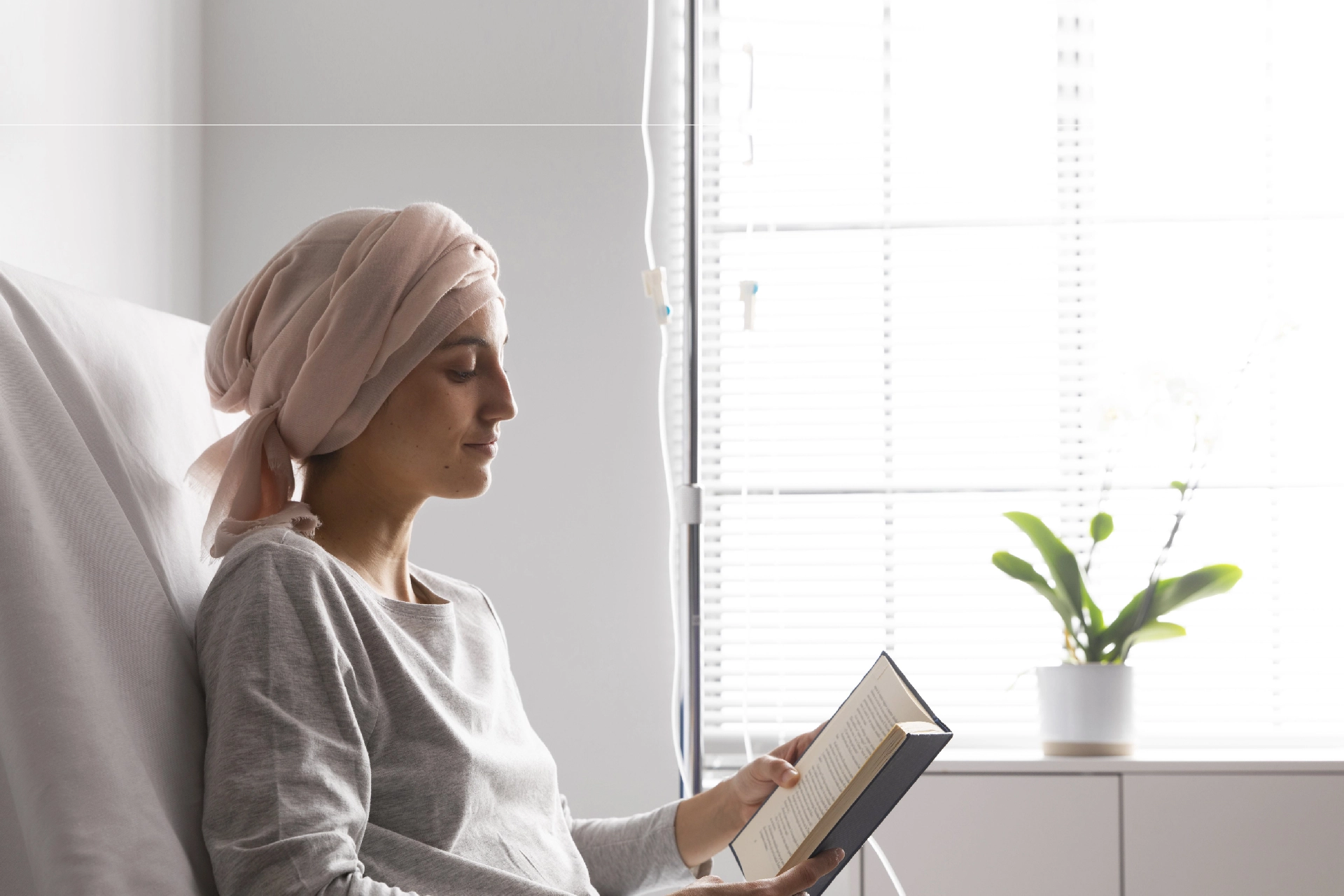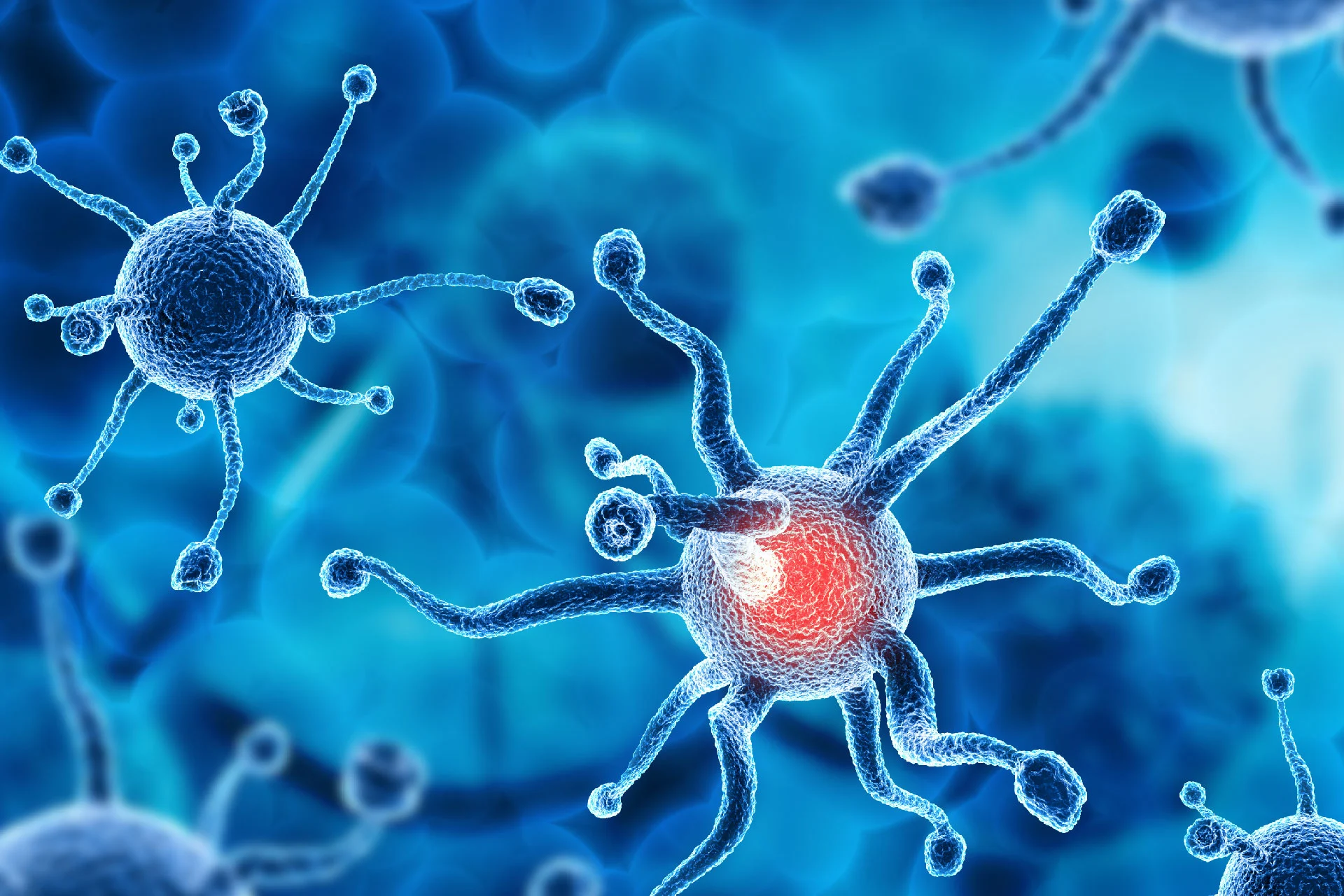Cancer | 5 min read
How to Deal with Chemo Side Effects? Important Tips to Follow
Medically reviewed by
Table of Content
Key Takeaways
- Chemotherapy uses drugs to prevent cancer cells from growing
- Infections, fever, and flu are some common chemo side effects
- Chemotherapy lowers the white blood cells that fight infections
Chemotherapy is a type of treatment used to fight against cancer. It uses drugs to destroy cancer cells and prevent them from growing or spreading [1]. However, chemotherapy does have some side effects that can be treated or controlled. Chemo side effects differ physically and emotionally for every individual. It depends on the type of drug used and the stage of cancer.
It can be an overwhelming feeling to start chemotherapy and it is normal to worry or feel anxious. However, with the advancement in science and technology, managing chemo side effects has become achievable. Read on for some useful tips that will help you handle chemotherapy treatment side effects effectively.
Tips to Follow Before Starting Chemotherapy
- Visit your dentist
- Eat healthy and be hydrated
- Seek emotional support
- Wear comfortable clothes
- Follow existing medications
- Carry your personal items
- Be well informed on chemotherapy
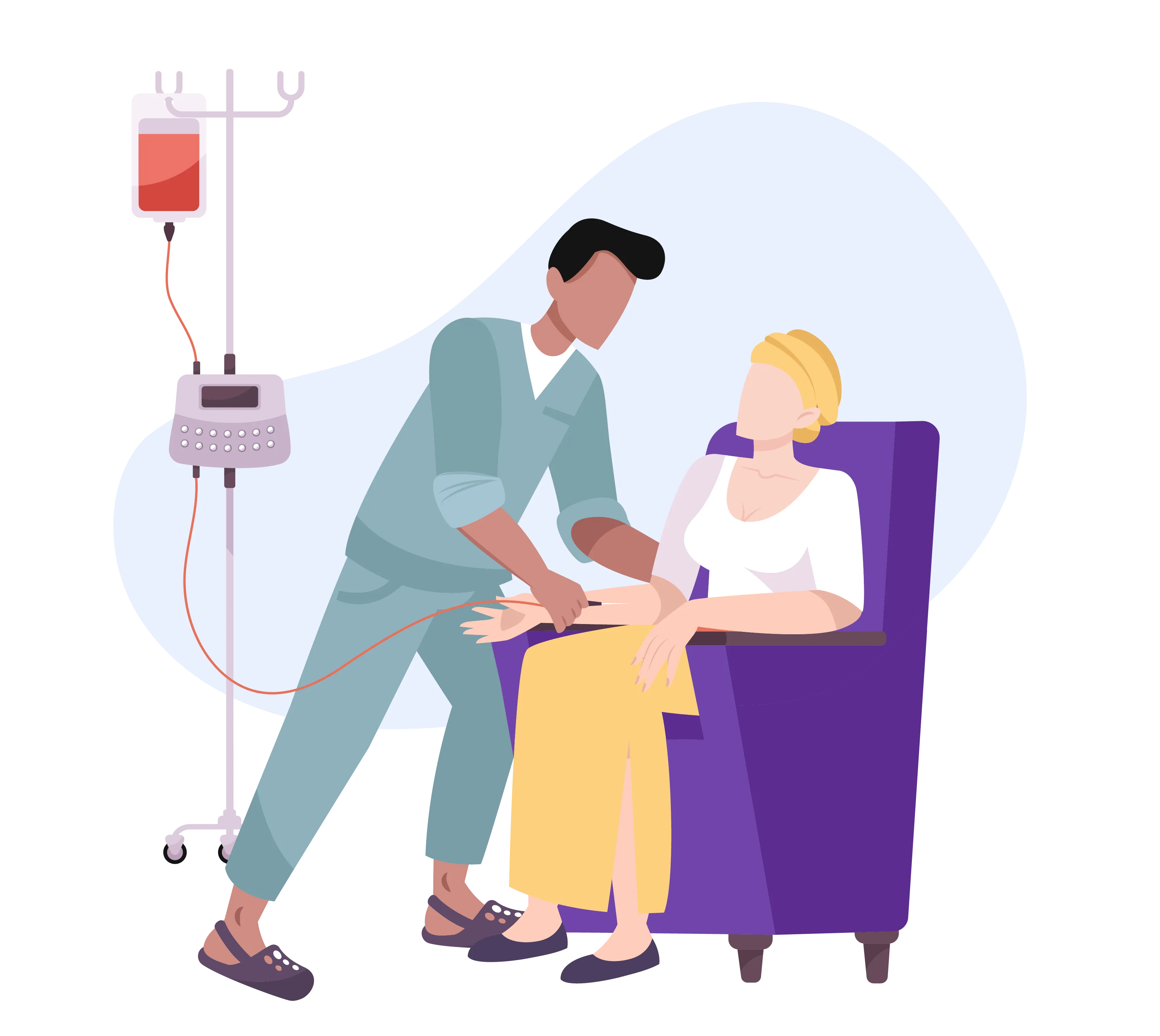
Chemotherapy Side Effects and How to Cope?
Infections and Fever
You may be prone to fever and infection during chemotherapy as it lowers the white blood cells in your body [2]. Take precautions like washing your hands frequently with soap and water and washing raw fruits and vegetables before consuming. For fever above 100ºF, consult a doctor.
Nausea and Vomiting
Some chemotherapy drugs can cause nausea and vomiting. Take anti-nausea drugs after consulting your doctor. In case of nausea and vomiting, change your eating pattern by having light and small meals multiple times a day instead of having three big meals. Restrain from eating fried, sweet, and fatty foods.
Fatigue
Feeling tired is another side effect of chemotherapy. It can happen due to infections, anemia, and dehydration. Fatigue due to chemotherapy can be managed by resting well, exercising, focusing on the things you love, and making other lifestyle changes.
Muscle Aches and Pains
Some patients treated with chemotherapy suffer from flu symptoms like muscle pains and aches. These symptoms usually occur around the third day after the treatment. It can be cured by taking over-the-counter medications. However, do consult your physician if the symptoms prevail or become severe.
Diarrhea and Constipation
Diarrhea [3] is one of the chemo side effects and is caused by certain drugs. If diarrhea persists for more than 2 days or if you have blood in stools, consult your doctor. Take your physician’s advice before using any over-the-counter medications. Some chemotherapy drugs, anti-pain, and anti-nausea medicines can lead to constipation too. In such a case, stay hydrated by drinking lots of water, eating fiber-rich fruits and vegetables, and staying active.
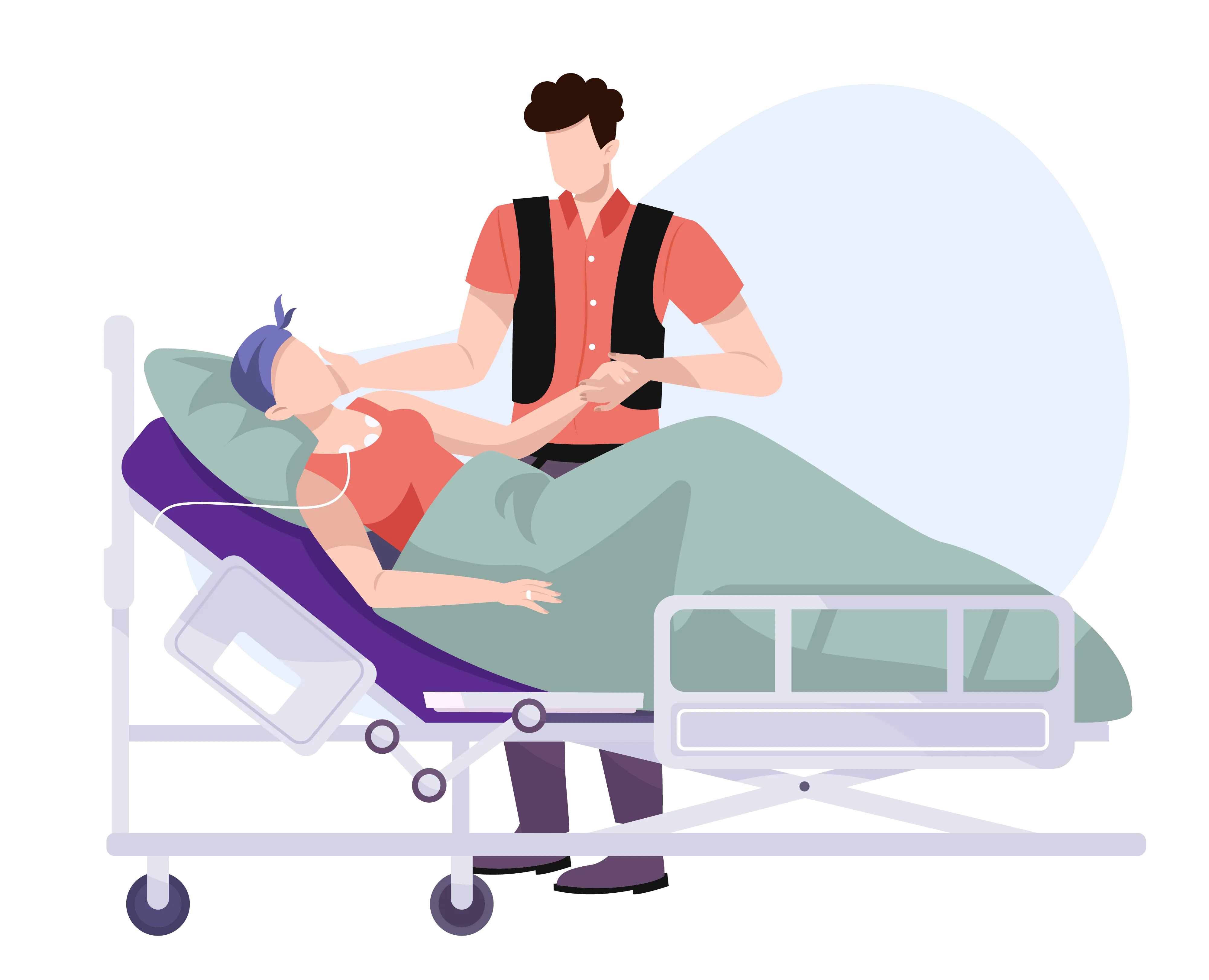
Taste and Appetite Changes
It is not unusual to lose appetite or experience taste change in the first few days or weeks following chemotherapy. Sensitivity to strong smells is also one of the chemotherapy treatment side effects. Avoid going to the kitchen or near any unappealing smell, and avoid hot meals. Have cold or warm food instead.
Sensitivity to Sun
People who have undergone chemotherapy treatment also feel more sensitive to the sun for some months following the treatment. Try wearing long sleeve shirts, long pants, sunglasses, and hats while going out. Avoid direct sunlight by not going outdoors or make use of sunscreen and lip balm.
Mouth and Throat Sores
Mouth and throat sores are also chemotherapy side effects that make it difficult to eat or swallow food. See your doctor in case you are having painful mouth or throat sores. He/she may prescribe you a certain mouth rinse. Doctors also suggest rinsing your mouth with salt and baking soda in lukewarm water. Don’t use mouthwashes that have alcoholic and acidic content. Brush your teeth thrice daily with a soft brush and eat cold, soft, or liquid dairy products.
Menopause
Chemotherapy can lead to temporary stoppage of periods or permanent menopause in some women [4, 5]. Some of the menopause symptoms include mood changes, decreased libido, vaginal dryness, and sleep disturbances. Take vitamin E, wear comfortable cotton pajamas to avoid overheating, and consult your doctor for medications.
Hair Loss
Although not all chemotherapy drugs cause hair loss, this side-effect is a cause of concern for some. You can talk to your doctor before starting chemotherapy for the side effects. Buy a wig if that makes you comfortable or consider cutting your hair short, using scarves, and wearing a hat. Apply sunscreen to your scalp or use moisturizing shampoos, conditioners, and lotions.
Additional Read: Your comprehensive guide to breast cancer causes, signs and treatment
Tips For Post-Chemo Care
- Follow a mouth care routine by brushing your teeth 2 to 3 times a day
- Rinse your mouth with baking soda and salt solution 4 times a day
- Prevent infections by washing your hands with water and soap frequently
- Avoid eating undercooked, spoiled or raw food
- Keep your house and surrounding clean
- Stay away or be careful with animals and pets at home
- Maintain your weight by staying active and eating a healthy diet
- Avoid smoking cigarettes and stay away from direct sunlight
- Consult your doctor if you develop any infections or other severe side-effects
If you have undergone chemotherapy or taking care of a patient after chemotherapy, stay safe from infections. Infection and chemotherapy go hand in hand and can cause viral cold and flu as chemotherapy weakens white blood cells that fight infection. Infection during chemotherapy can also be prevented by following proper hygienic measures. Wash your hands frequently, avoid crowds and follow precautions and medications as advised by your oncologist. If you face any discomfort, book an appointment with a specialist on Bajaj Finserv Health. You can also book an online doctor consultation for more help in dealing with chemo side effects.
References
- https://www.cancer.net/navigating-cancer-care/how-cancer-treated/chemotherapy/understanding-chemotherapy#:~:text=Chemotherapy%20is%20the%20use%20of,an%20effect%20on%20cancer%20cells.
- https://www.cdc.gov/cancer/dcpc/resources/features/preventinfections/index.htm#:~:text=People%20with%20cancer%20who%20are,This%20condition%20is%20called%20neutropenia.
- https://www.cancer.org/treatment/treatments-and-side-effects/physical-side-effects/stool-or-urine-changes/diarrhea.html
- https://www.annalsofoncology.org/article/S0923-7534(19)39079-9/fulltext
- https://medlineplus.gov/ency/patientinstructions/000912.htm
Disclaimer
Please note that this article is solely meant for informational purposes and Bajaj Finserv Health Limited (“BFHL”) does not shoulder any responsibility of the views/advice/information expressed/given by the writer/reviewer/originator. This article should not be considered as a substitute for any medical advice, diagnosis or treatment. Always consult with your trusted physician/qualified healthcare professional to evaluate your medical condition. The above article has been reviewed by a qualified doctor and BFHL is not responsible for any damages for any information or services provided by any third party.


